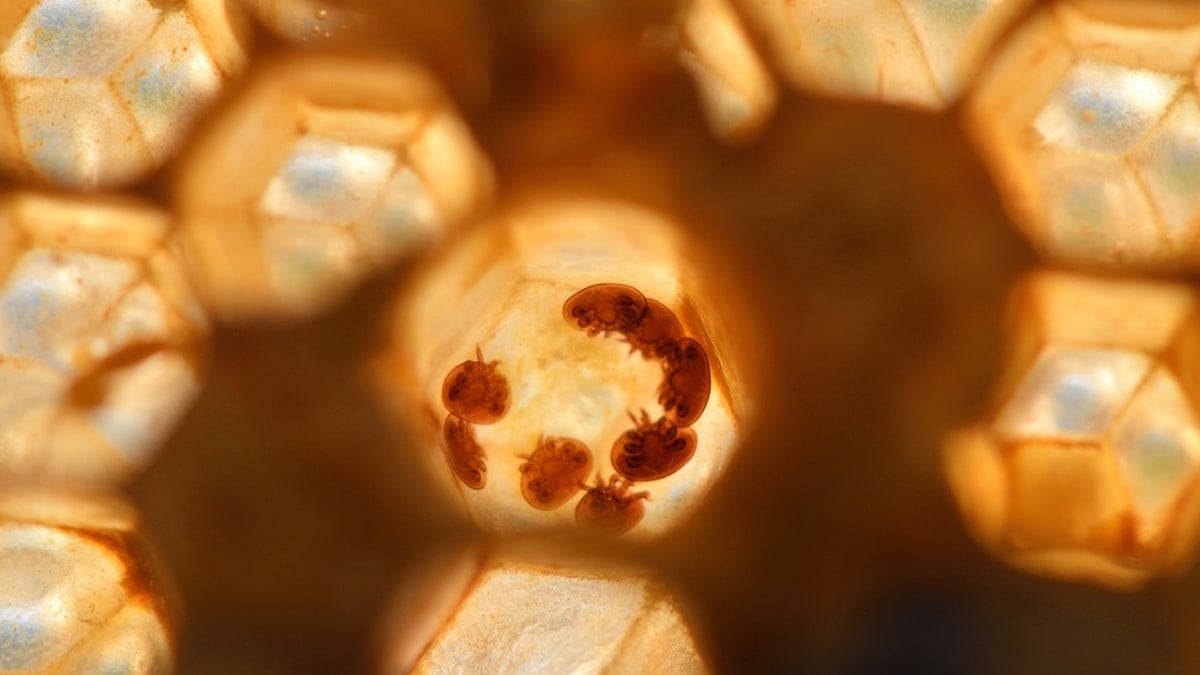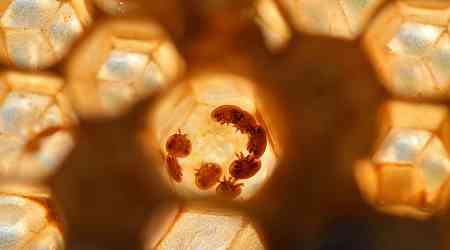A resurgence of the New World screwworm (Cochliomyia hominivorax), a flesh-eating parasite that primarily targets livestock but can also infect humans, has prompted warnings from U.S. officials. The parasite, native to South America and the Caribbean, was thought to be largely eradicated in the U.S. and Central America through sterilisation programmes in the mid-20th century. Recent detections in Mexico and a rise in cases across Central America since 2023 suggest a troubling comeback, as per reports.
Parasite Impact on Livestock and Humans
The parasite's lifecycle begins when female screwworm flies deposit eggs in open wounds or orifices of warm-blooded animals. Upon hatching, the larvae burrow into the host's flesh, feeding and causing painful wounds that grow larger as the infestation progresses. According to the U.S. Centers for Disease Control and Prevention (CDC), screwworms can lay up to 300 eggs in a single instance, with a lifespan allowing multiple egg-laying cycles. No approved medical treatment exists for these infestations, and physical removal of larvae remains the only option.
Reports indicate that Panama has been heavily affected, with cases escalating from 25 annually before 2023 to over 22,600 confirmed incidents as of December 2024. Costa Rica has also witnessed a rise in human cases, with one fatality confirmed earlier this year, according to the U.S. Embassy in Costa Rica.
Preventative Measures and Monitoring Efforts
Reportedly, to curb the parasite's spread into the U.S., the Department of Agriculture (USDA) has imposed restrictions on livestock imports from Mexico. A barrier zone, maintained jointly by the U.S. and Panama since 2006, is being monitored closely. Officials urge people in affected regions to protect open wounds, apply insect repellents, and report any signs of screwworm infestations in animals, as per reports.
Efforts to control the parasite's resurgence continue, with authorities underscoring the importance of early detection and preventive practices.
































